How My Biggest Failures Became My Best Business Lessons

Introduction: Turning Failure into Success
In the world of business, failure is often seen as something to be avoided at all costs. Many entrepreneurs set out on their journey with a burning desire for success, hoping to avoid the inevitable stumbles along the way.
However, after 45 years in business, I’ve come to realize that failure isn’t just unavoidable—it’s essential. Some of my greatest lessons, those that shaped the foundation of my business acumen, came from my biggest failures.
Each time I faced a setback, it forced me to rethink my strategies, reevaluate my strengths, and understand my weaknesses more deeply. It was through these failures that I learned to build resilience, foster innovation, and grow beyond my initial limitations.
For anyone who wants to succeed in business, knowing how to learn from failure is perhaps the most critical skill you can develop.
In this blog, I’ll take you through the ten most important business lessons I learned from my biggest failures. These aren’t just theories or concepts; they are hard-won insights gained from years of trial and error.
As you read through each of these lessons, I hope you’ll see that failure isn’t the end—it’s just the beginning of something new and often much better.
1. Adapt or Get Left Behind

One of the first lessons I learned from failure was that change is inevitable, and if you don’t adapt, your business will stagnate. Early on in my entrepreneurial journey, I was reluctant to pivot my business model when market conditions shifted. I held onto outdated practices, believing that consistency was key to stability.
However, my unwillingness to change quickly led to lost opportunities. It was a hard pill to swallow, but I eventually realized that adaptation is the lifeblood of any successful business. Whether it's new technology, shifting customer demands, or unexpected challenges, the ability to pivot and stay flexible is critical.
The most successful entrepreneurs are not those who stubbornly stick to their original plans but those who evolve with the times.
2. Cash Flow Is King
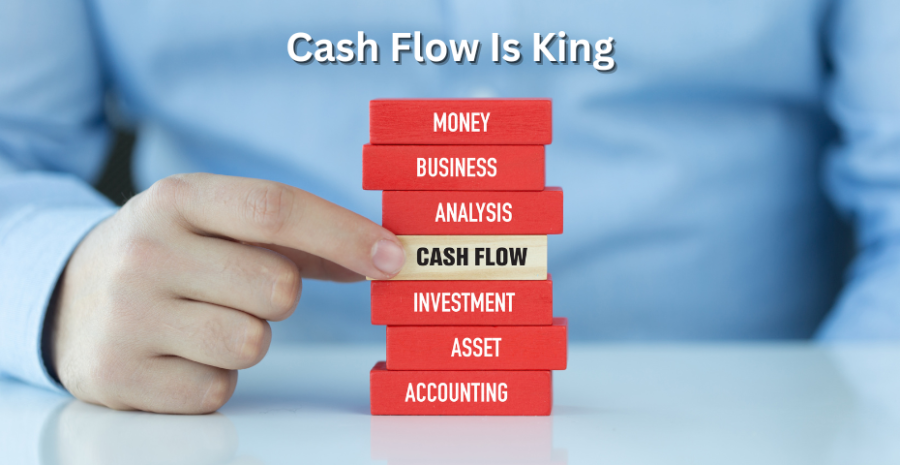
No matter how innovative or promising your business idea is, if you don’t manage your cash flow effectively, you’re setting yourself up for failure. I learned this lesson the hard way when I over-invested in growth without paying attention to liquidity. The lack of cash flow crippled my business operations, leading to delayed payments, strained relationships with suppliers, and ultimately, a near-collapse.
From this experience, I understood that a business must maintain a healthy cash flow to survive. It’s not enough to have profits on paper; you need to ensure that the money flows consistently and predictably through your accounts.
Focusing on cash flow management became a non-negotiable part of my business strategy from that point forward.
3. The Customer Isn’t Always Right

One of the classic business mantras is “the customer is always right,” but I learned through failure that this isn’t always true. Catering to every demand of difficult customers can drain resources and lead to unsustainable practices. Early in my career, I bent over backward to satisfy every client, even when their requests were unreasonable.
Over time, I realized that it’s essential to draw boundaries. Not every customer is a good fit for your business, and trying to please everyone can compromise your values, product quality, and long-term success.
Learning to say “no” is a powerful business tool that enables you to focus on serving the right customers—the ones who respect your expertise and are aligned with your vision.
4. Innovation Without Execution Is a Recipe for Failure
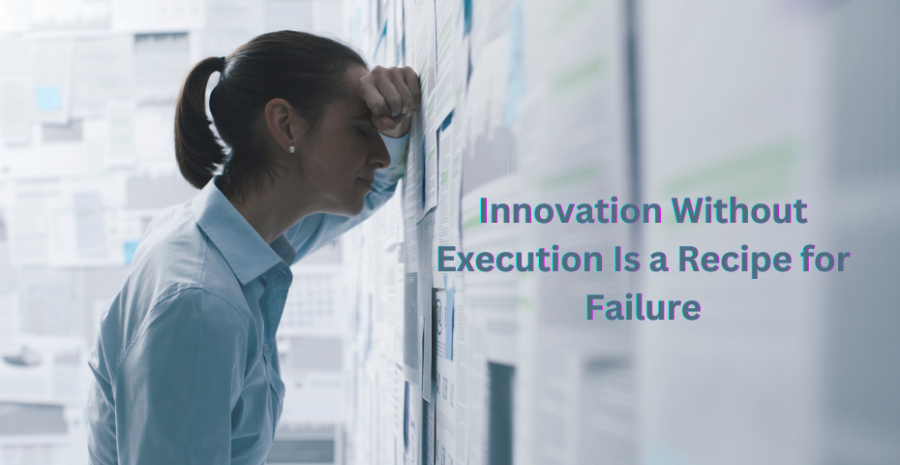
I used to pride myself on being an idea person, always coming up with new concepts and innovations. However, I quickly learned that without proper execution, even the best ideas are worthless. One of my early failures stemmed from focusing too much on developing new ideas and not enough on putting them into action.
I would jump from one concept to the next without fully implementing any of them, leading to a series of incomplete projects and wasted resources. This failure taught me the value of execution.
Innovation is critical, but it’s execution that turns ideas into tangible results. Now, I balance creativity with an action plan, ensuring that great ideas are backed by strong follow-through.
5. Overconfidence Can Blind You

Confidence is essential in business, but overconfidence can be your downfall. There was a time when I became too confident in my abilities and the trajectory of my business.
I ignored warning signs and feedback because I believed I had all the answers. This arrogance led to costly mistakes and damaged relationships.
I learned the hard way that humility and a willingness to listen are crucial in business. No matter how successful you become, you must always remain open to learning, adapting, and acknowledging when you’re wrong.
A healthy dose of humility keeps you grounded and allows you to continuously grow.
6. Building the Right Team Is Everything

You can have the best product or service in the world, but if you don’t have the right team to support you, your business will struggle. Early on, I made the mistake of hiring people based on convenience or familiarity rather than skill and alignment with my vision.
This led to a toxic work environment and poor performance. After experiencing several setbacks due to poor staffing choices, I realized that building the right team is essential for business success.
It’s not just about hiring for skill; it’s about finding people who share your values, are passionate about their work, and can contribute to the company’s long-term vision.
7. Failure to Plan Is Planning to Fail
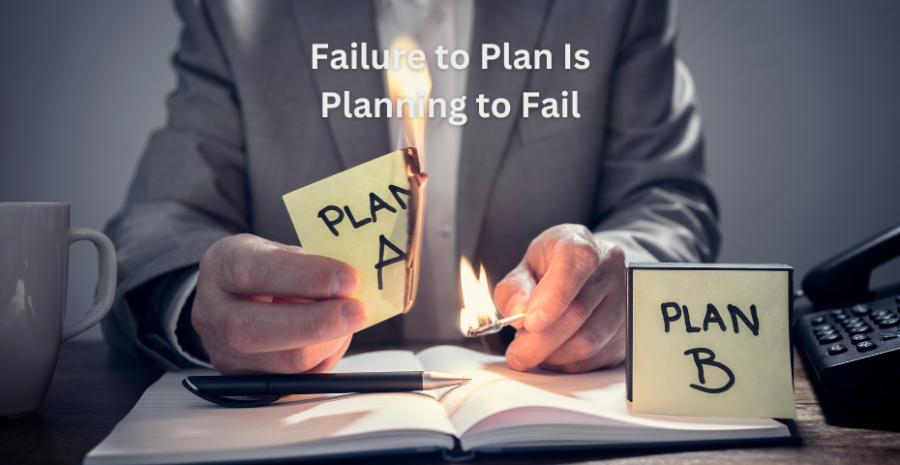
Early in my entrepreneurial career, I often operated without a clear, long-term plan. I would dive headfirst into new ventures, confident that I could figure things out along the way. While this worked for a while, it ultimately led to disorganization and failure.
I learned that a lack of planning is one of the fastest ways to sabotage your business. Every successful business requires a clear roadmap—short-term goals, long-term strategies, and contingency plans for when things don’t go as expected.
Planning doesn’t eliminate the risk of failure, but it significantly improves your chances of success by giving you a structured path to follow.
8. Resilience Is the Key to Longevity
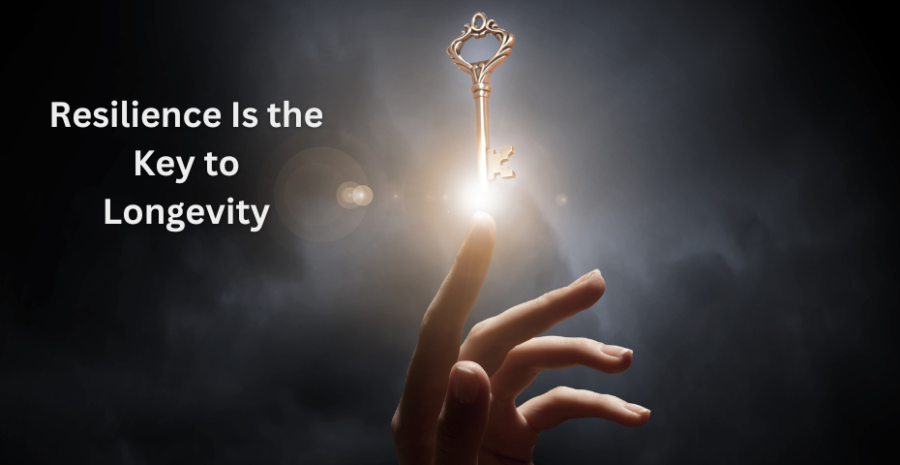
If there’s one thing that has kept me in business for 45 years, it’s resilience. The ability to bounce back from failure is crucial for long-term success. I’ve faced countless setbacks, but I learned early on that giving up was never an option.
Resilience isn’t about avoiding failure; it’s about facing it head-on and finding a way to recover. Every time my business hit a low point, I reminded myself that failure is temporary.
By learning from each setback, I became stronger, more knowledgeable, and more prepared for future challenges.
9. Never Stop Learning
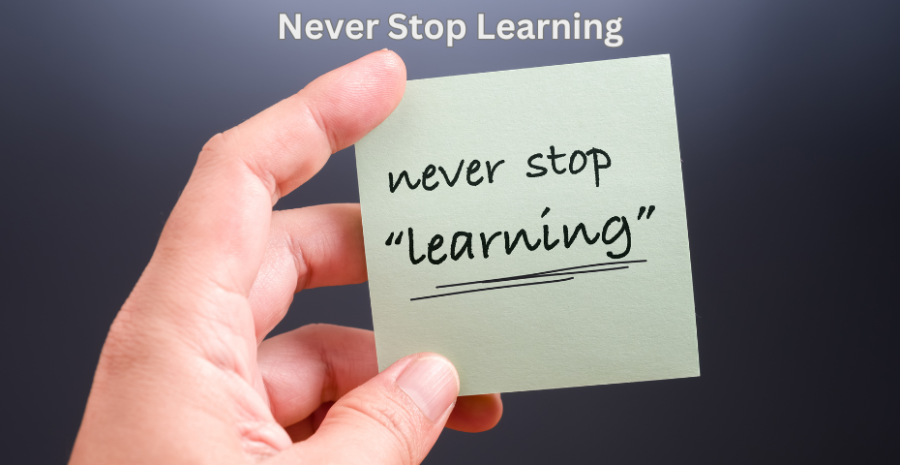
In the rapidly changing world of business, continuous learning is essential. Early in my career, I made the mistake of becoming complacent, assuming that my initial success meant I had figured everything out.
However, the business landscape is always evolving, and failure to keep learning can quickly render your business obsolete. I experienced this firsthand when new competitors entered the market with better technology and more innovative approaches.
I realized that I had fallen behind because I hadn’t kept up with industry trends and developments.
This failure taught me to adopt a mindset of lifelong learning—whether it’s keeping up with new technology, attending workshops, or seeking mentorship.
10. Trust Your Gut, but Back It with Data

One of the most important lessons I learned is the balance between intuition and data. Early in my business career, I relied too heavily on gut feelings, believing that my instincts were enough to guide me.
While intuition is valuable, it’s not infallible. One of my biggest failures came from making a major business decision based solely on a hunch, without looking at the data.
As expected, the decision backfired, costing me valuable time and resources. Since then, I’ve learned that while your gut can give you direction, data is what ensures you’re on the right path.
Combining intuition with solid data analysis has become one of my most effective decision-making tools.
Last Thoughts: Learning to Embrace Failure
Looking back on my 45 years in business, I can confidently say that failure has been my greatest teacher. Every misstep, every wrong decision, and every setback has contributed to my growth as an entrepreneur. The road to success is paved with failures, and the sooner you accept that, the quicker you can start learning from them.
What I’ve learned is that failure isn’t the enemy; it’s fear of failure that holds us back. When you shift your mindset to see failures as opportunities for growth, you unlock the ability to innovate, adapt, and ultimately succeed in ways you never imagined.
The lessons I’ve shared in this blog are the direct results of the challenges I faced, and I hope they resonate with you. Whether you’re just starting out in business or have been at it for years, remember that every failure is a stepping stone to success.
The most successful entrepreneurs aren’t those who never fail—they’re the ones who fail, learn, and keep moving forward.
Embrace your failures, learn from them, and use them to propel yourself toward even greater success. The future of your business depends not on avoiding failure, but on how you respond to it.
.png)
About: Andries vanTonder
Over 45 years selfemployed
He is a Serial Entrepreneur, an Enthusiastic supporter of Blockchain Technology and a Cryptocurrency Investor
Find me: Markethive Profile Page | My Twitter Account | My Instagram Acount | and my Facebook Profile.
Markethive News

.png)
